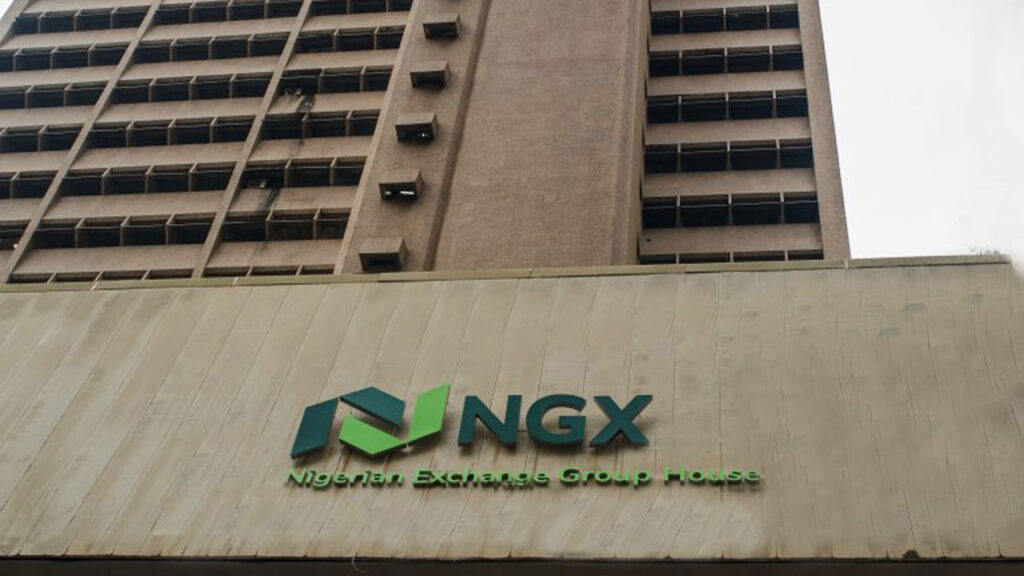
THE growth profile of Nigeria’s Internet users may have placed the country above South Africa, Kenya, Egypt and others, as the leading eCommerce destination on the continent.
With eCommerce potential put at about $10 billion in Nigeria, the Nigerian Communications Commission (NCC) said the country is home to about 74 million Internet users, going by November 2014 subscriber statistics.
According to InternetStat, a platform that shows Internet World Usage Statistics for all countries and regions of the world, which admitted that Nigeria still has the highest number of users, followed by Egypt, Morrocco and Kenya, noted that the largest percentage of Internet subscribers are found in small economies such as Seychelles, where as much as 37 per cent of the population has Internet access (while in South Africa this value is 11 per cent and in Egypt it is eight per cent).
Indeed, a study conducted by Ipsos, a global market research company, on behalf of PayPal showed an expectation by Nigerian consumers to conduct more shopping online.
Though, Ipsos assumed there are over 50 million Internet users in Nigeria, it said that 65 per cent of users already shop online and another 24 per cent of users expect to do so in the future.
However, from a regional perspective, the study showed that Nigeria is without a doubt a significant ecommerce nation leading in the amount of potential and existing online shoppers about 89 per cent, compared to South Africa’s 70 per cent and Kenya’s 60 per cent.
However, Ipsos discovered that intra-African trade was significant with 36 per cent of Nigerian cross-border shoppers (those who have shopped online from another country) buying from elsewhere in Africa in the past 12 months, with South Africa being the main destination with 30 per cent of Nigerian cross-border shoppers buying from the country in the past 12 months. It is followed by Kenya with two per cent, Egypt with one per cent, and the rest of the continent with three per cent.
The study noted that there are several key drivers that would fast track eCommerce adoption in Nigeria.
It disclosed that of the online shoppers surveyed, 53 per cent of Nigerians who have shopped online in the past said faster delivery of goods would encourage them to shop online more often, 40 per cent indicated that safer ways to pay was a key driver, and 31 per cent indicated lower product costs as a driver to do more shopping online.
The research showed that security of online payments and delivery costs are among main concerns preventing consumers from conducting more online shopping, with 31 per cent of those who have not shopped online give concerns about security of payments as a reason for not currently shopping online, and 27 per cent said that the cost of delivery is a reason for not currently shopping online.
Fear over security of online payments means that cash on delivery is still the most used and preferred payment method when shopping online, with 39 per cent of online shoppers using cash and 32 per cent indicating it is a preferred payment method for online purchases.
Commenting, Regional Director for Africa and Israel at PayPal, Efi Dahan, “Online security matters. This is why PayPal provides a simpler, easier and more secure way to shop and pay on millions of websites around the world. The fact that PayPal does not share financial information with the seller when authorizing a transaction keeps the consumers’ financial details more secure.
According to Ipsos, Nigerian consumers who have heard of PayPal agree PayPal is a fast (85 per cent), convenient (83 per cent) and safe (73 per cent) way to pay online – to the extent that 72 per cent of online shoppers aware of PayPal agree it is the safest online payment method.
Furthermore, the research showed the overwhelming usage of mobile phones to shop online, with 90 per cent of online shoppers that own a smartphone or a feature phone have used it to shop online while 51 per cent use their device to shop online once a month or more.
The study noted that shopping on mobile browsers seems to be the most popular way to do mobile shopping with 43 per cent of Nigerian mobile shoppers stating a preference to shop using the phone’s browser, compared to 34 per cent who prefer to shop from an app (and 23 per cent who have no preference).
However, Ipsos said some barriers remain for mobile shopping. Security of payments was flagged as a concern to Nigerians with 30 per cent of mobile shoppers saying security of online purchases from a mobile device is a reason for not shopping online using a mobile phone more often, while 30 per cent also flagged concerns about internet usage costs on mobile as a barrier to mobile shopping.
The study discovered that nearly half (47 per cent) of online shoppers in Nigeria purchased digital goods in the past year, followed by 39 per cent that purchased adult clothing, footwear & accessories online, and 33 per cent that purchased physical entertainment such as books and CDs online. The research also found that one in every four Nigerian online shoppers purchased consumer electronics online in the past year.
It informed that 40 per cent to 69 per cent of online shoppers have indicated they expect to spend the same or more on the following categories next year: digital goods (62 per cent), adult clothing footwear and accessories (69 per cent), physical entertainment (60 per cent), jewelry and watches (53 per cent), consumer electronics (54 per cent) and children clothing (40 per cent).











